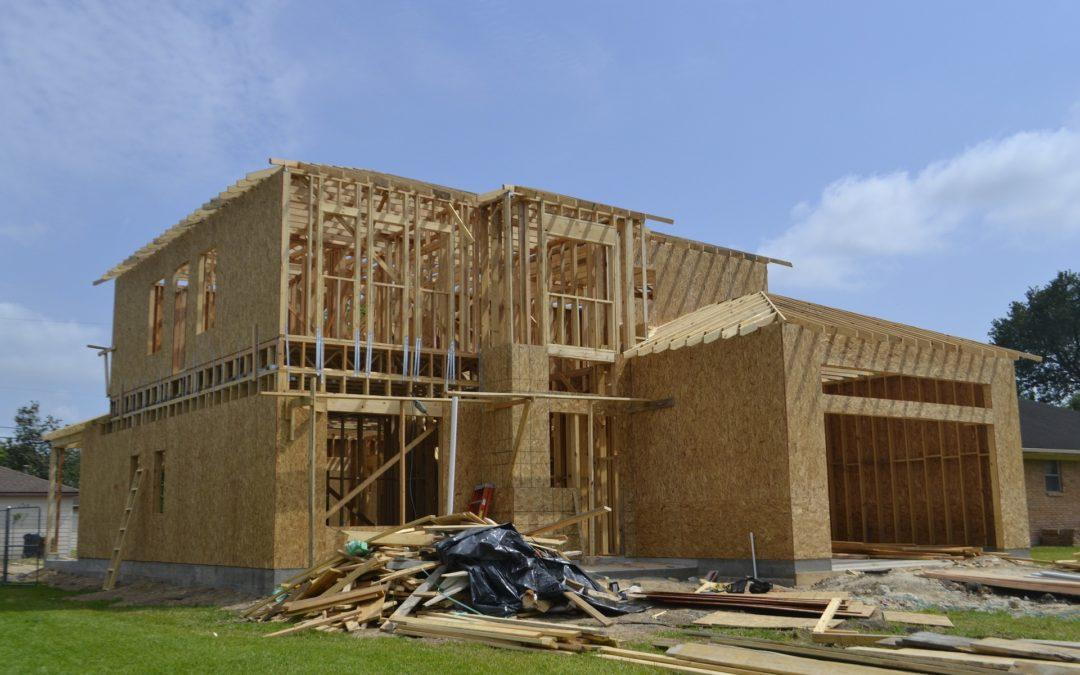
It happens more often than you would believe – after an exhaustive search spanning all of South Florida, a homebuyer finally finds the “perfect” place to call home. It has an open floor plan, the correct number of bedrooms – including a spacious master with an en suite bathroom – and a beautiful kitchen. It’s even located on the picturesque beaches of Fort Lauderdale. What the seller fails to disclose, however, is that the home was remodeled without the required building/construction permits – potentially leaving the new owner(s) with a costly and unpleasant problem associated with unpermitted work.
What is “unpermitted” work?
Although this term seems largely self-explanatory, it tends to generate a lot of confusion. This is because many people believe it only pertains to structural work, electrical work or plumbing that is done without permission.
Because residential construction is subject to so many different rules, permits may be required for seemingly minor projects, as well. Accordingly, the term “unpermitted work,” is used to describe any addition or impr ovement made without the required permits.
ovement made without the required permits.
Many individuals, including licensed and unlicensed contractors, do work without pulling permits to save time and money – hoping or believing that no one will find out. In many such cases, unpermitted work can remain undiscovered for years until another issue prompts some sort of inspection from the city/county. If that happens before the homeowner sells the property, it is his or her problem. On the other hand, if it happens after you buy the house, it could well become your headache.
The consequences of buying a home with unpermitted work
For example, let’s say you succumb to the temptation and decide to buy a dream house like the one we described above. Here’s what could happen:
- An inspector discovering the unpermitted work could force you to pull the permits in order to bring the work up to code (meaning you must pay for the permits and the work)
- The inspector could impose fines/penalties until the necessary work is completed
In either case, you could end up spending a whole lot of time and money. Fortunately, if this happens to you, you’re not out of options.
Pursuing legal recourse
What you probably don’t know is that you may be able to pursue legal recourse against the seller of the property. This is because Florida sellers are legally obligated to disclose unpermitted work at the time of the sale. If the seller fails to do so, you are free to file a lawsuit against them in state court. Moreover, you may also be entitled to recoup any attorneys’ fees or costs incurred in pursuing the case.
Ideally, you’ll be able to avoid litigation altogether. If you can verify that unpermitted work has been done prior to signing the purchase agreement, the seller may still be legally responsible for seeing that that proper permits are pulled and the work is completed before the property can be sold.
Another option is to have us include language in the purchase agreement specifying that the seller must address any unpermitted work by organizing the proper paperwork and scheduling relevant inspections, including the final inspection for a certificate of occupancy before closing.
For more information about unpermitted Florida real estate sales and related issues, please contact our qualified business and real estate attorneys through our website or by phone at (954) 334-1122.
Categories
- Real Estate (30)
- Land Use and Zoning (10)
- Alcohol/Beverage (5)
- Government/Municipal Law (10)
- Litigation (9)
- Business (28)
- Estate Planning (12)
- Probate (8)
- Personal Injury (8)
Contact Us
Please fill out the form below and our attorney will contact you.
Maps & Directions
Hollywood Office
1221 South 21st Avenue
Hollywood, FL 33020

